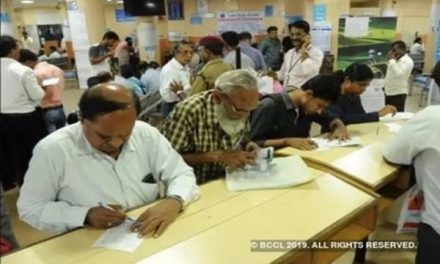The union power ministry has drafted ‘Electricity Consumers’ Rights,’ which calls for round-the-clock supply to consumers across the country. Also, read: SBI ATM new rule: Cash withdrawal facility rules changing from September 18: more details here

Electricity consumers across the country are going to get new a ‘power.’ The government, for the first time, has prepared new rules for the rights of electricity consumers. The government said that the power sector exists only because of electricity consumers and that it is very important to focus on their satisfaction.
Therefore, it is important to improve the quality of services and for that, a draft on Electricity (Rights of Consumers) Rules, 2020, has been prepared by the government. In this draft, many types of facilities have been given to consumers.
The government has asked for comments and suggestions on the draft till 30 September. The Ministry of Power will finalize the rules after suggestions.
Transparency on power cuts
According to the new draft, the power distribution companies will have to decide the average power cut per consumer every year and the duration of a power cut.
Getting a power connection made easy
1. Only two documents will be required for up to 10 kW load, no demand charge will be asked for load up to 150 kW so that more people can take connection.
2. New electricity connection will be available in 7 days in metro cities, 15 days in other municipalities, and 30 days in rural areas.
These draft rules have been circulated for seeking comments and will be finalized post receiving views and suggestions.
According to a union power ministry statement on Wednesday, the main features include, “Reliability of service: SERCs (state electricity regulatory commissions) to fix average number and duration of outages per consumer per year for DISCOMs.”
“Compensation/penalties for delay in service by DISCOMs; compensation to be automatic as far as possible, to be passed on in the bill,” the statement added.
This comes in the backdrop of the National Democratic Alliance (NDA) government readying a raft of power sector reforms, including implementing the direct benefit transfer (DBT) scheme in the electricity sector for better targeting of subsidies, promoting retail competition, and instilling financial discipline at state-owned electricity distribution companies (discoms).
Read: YouTube Shorts launched in India, hopes to fill the spot vacated by the TikTok ban
Here are the basic points under the draft rule for Electricity Consumers’ Rights’.
1. Electricity consumers get new ‘power’
If a customer gets the bill after 60 days, then he will get a discount of 2-5% in the bill.
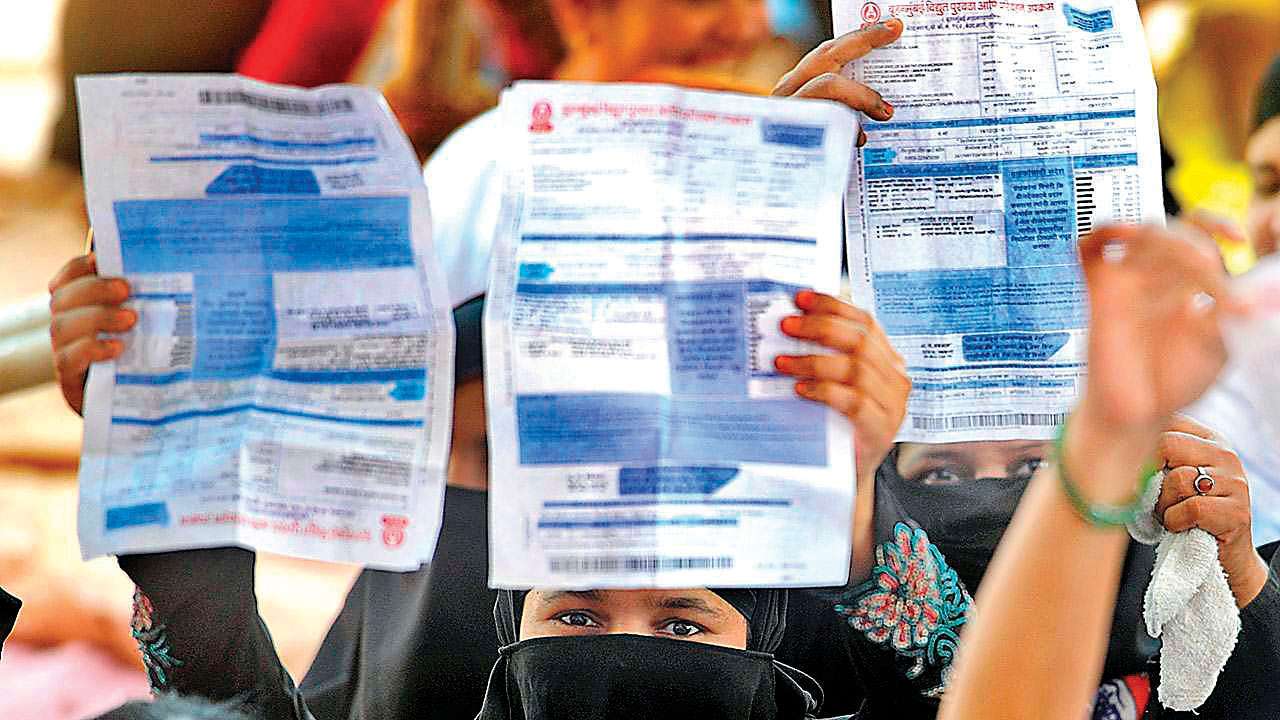
2. Bill above Rs 1000 to be paid online
Consumers will be able to pay electricity bill with cash, check, debit card, or net banking, but bill payment of Rs 1000 or above will be done online only.
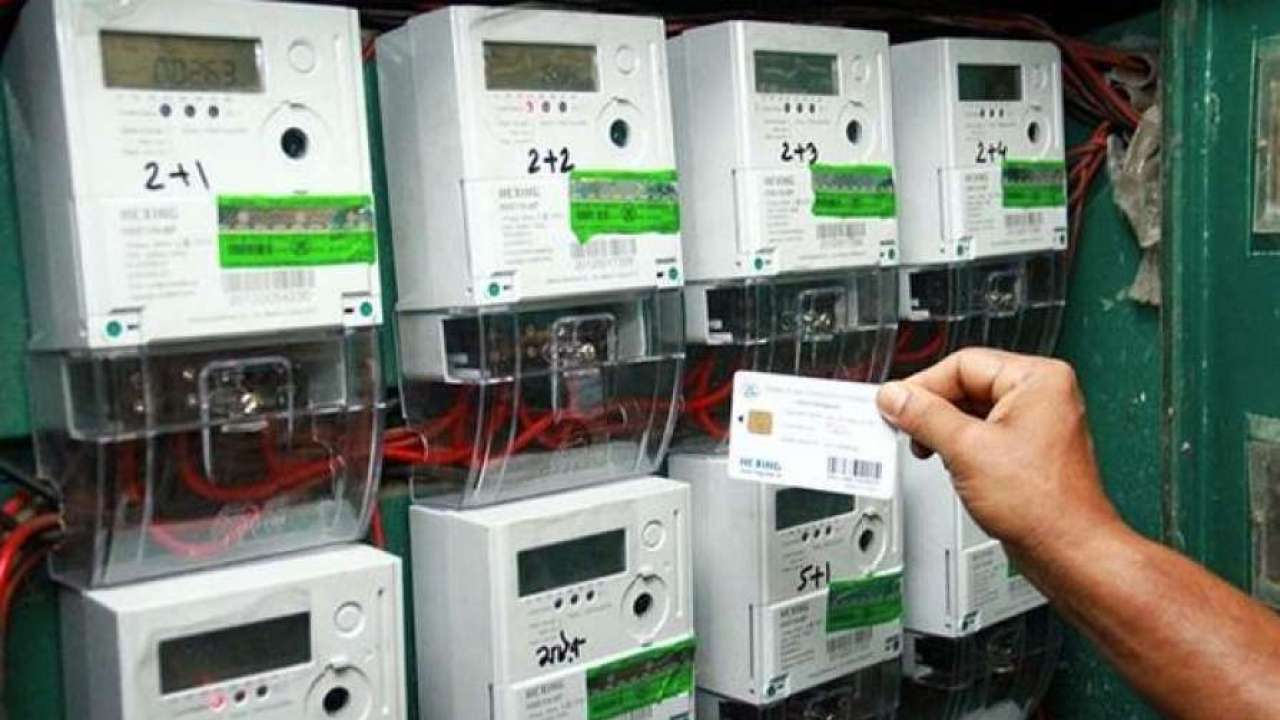
3. Rules to be made easier
Rules for cutting, retracting, changing meter, billing, and payment will be made easier.
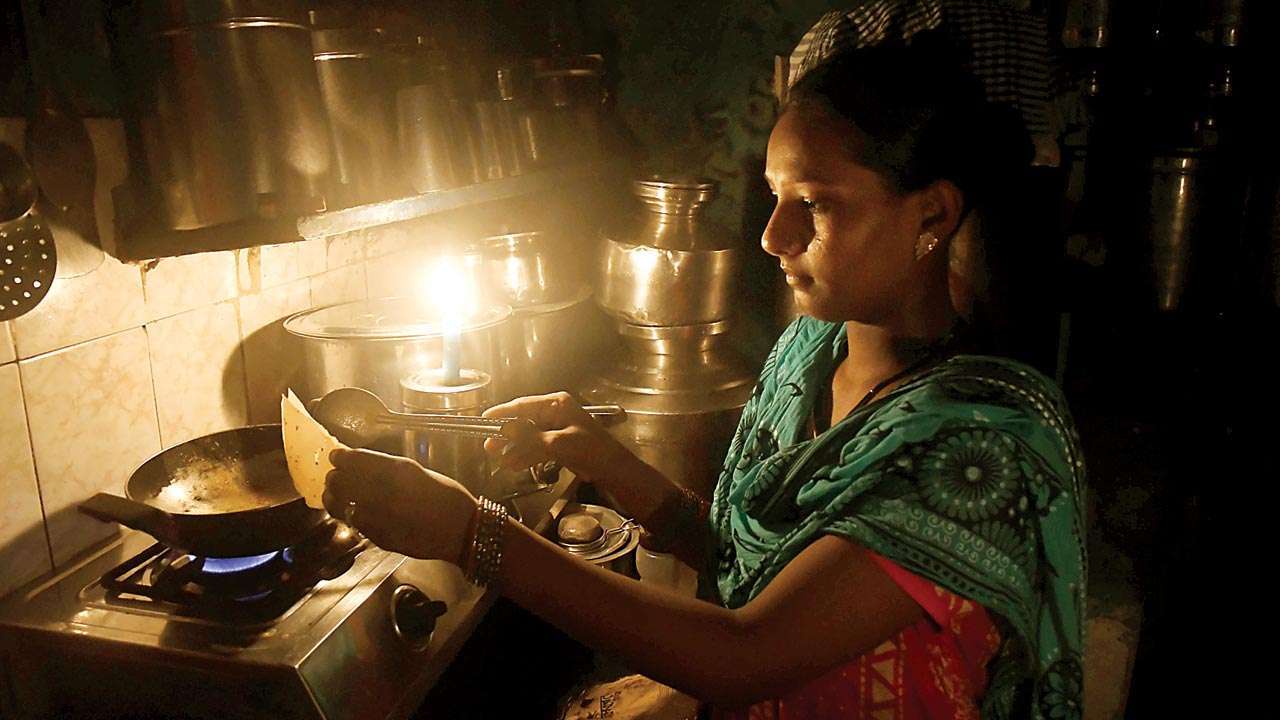
4. Provision of compensation to be included
Provision of penalty/compensation on power distribution companies for delay in services. Compensation will be directly linked to the bill.
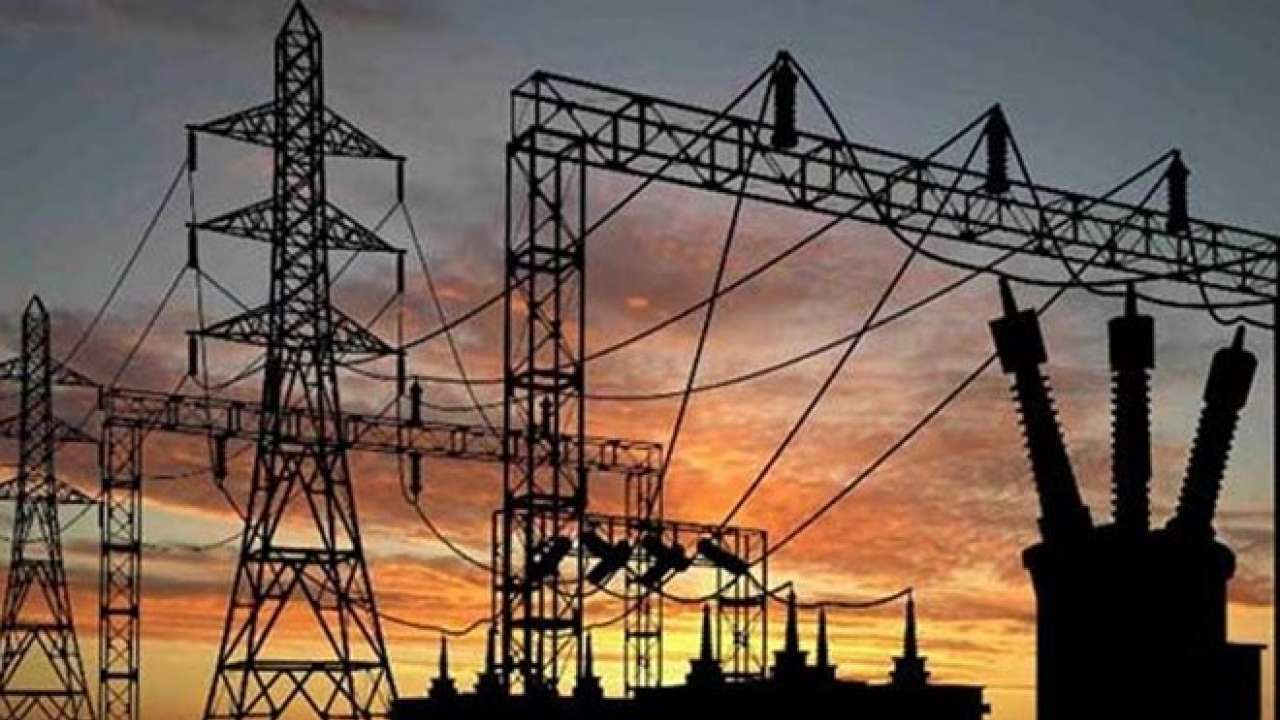
5. 24×7 toll-free center for consumers
There will be a 24×7 toll-free center for consumers. A mobile app will be launched to get a new connection, cut the connection, shift the connection. Any change in services like changing name, changing load, changing meter can also be done through this app.
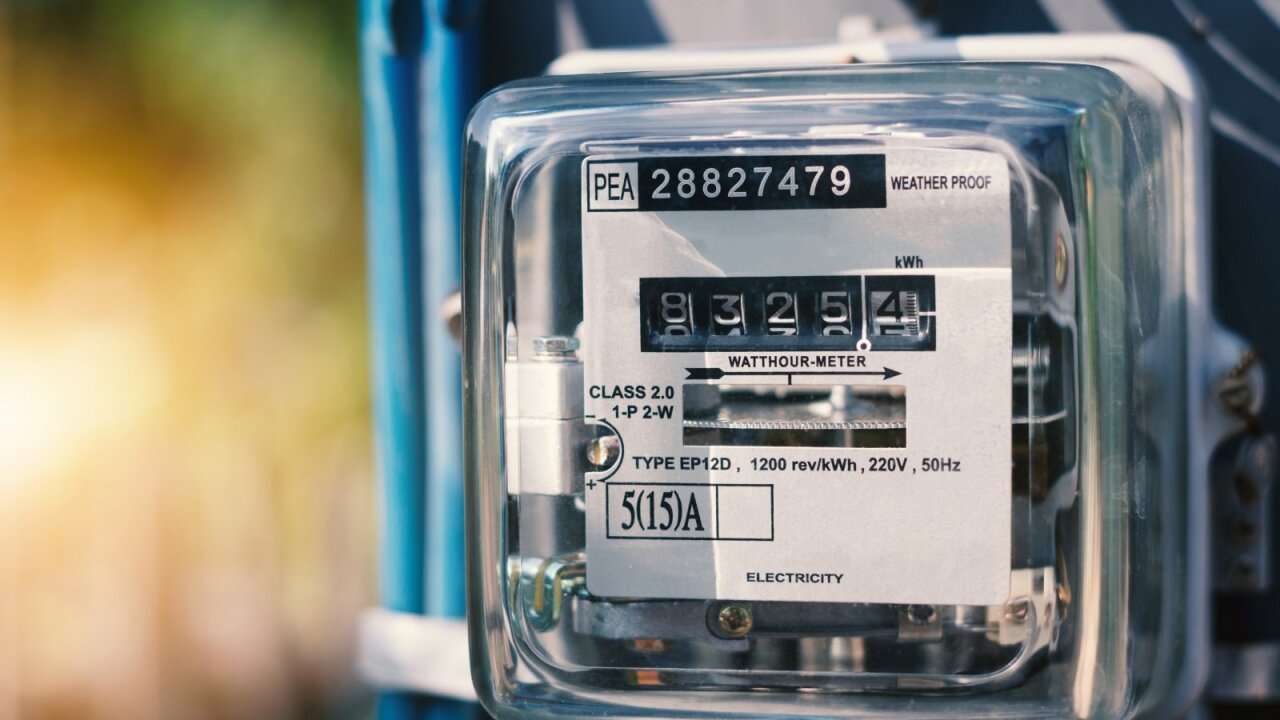
Power and new and renewable energy minister Raj Kumar Singh had earlier spoken about a penalty due to gratuitous load-shedding.
“We are going to build it into the law that if you resort to gratuitous load-shedding, you have to pay a penalty and the penalty will be heavy. Disruption of supply on account of acts of God is acceptable. But gratuitous load-shedding is not… So, if you have taken a license to serve an area, you better serve it,” Singh had earlier told Mint.
The Electricity (Rights of Consumers) Rules, 2020 also calls for a timely and simplified procedure for connection, expediting the modification of existing connection, 2 to 5% rebate on serving bills with the delay of sixty days or more, and all bills of ₹1000 or more to be paid online.
“The policy proposes suspension of license in case of non-availability of adequate power supply arrangements and the imposition of penalty in case of disruptions in supply to consumers, except due to force majeure condition or technical faults,” the government said in an earlier statement.
The nationwide lockdown that resulted in peak electricity demand coming down, has caught up with the last year’s demand levels; with India’s electricity demand expected to grow at around 6% compound annual growth rate.



